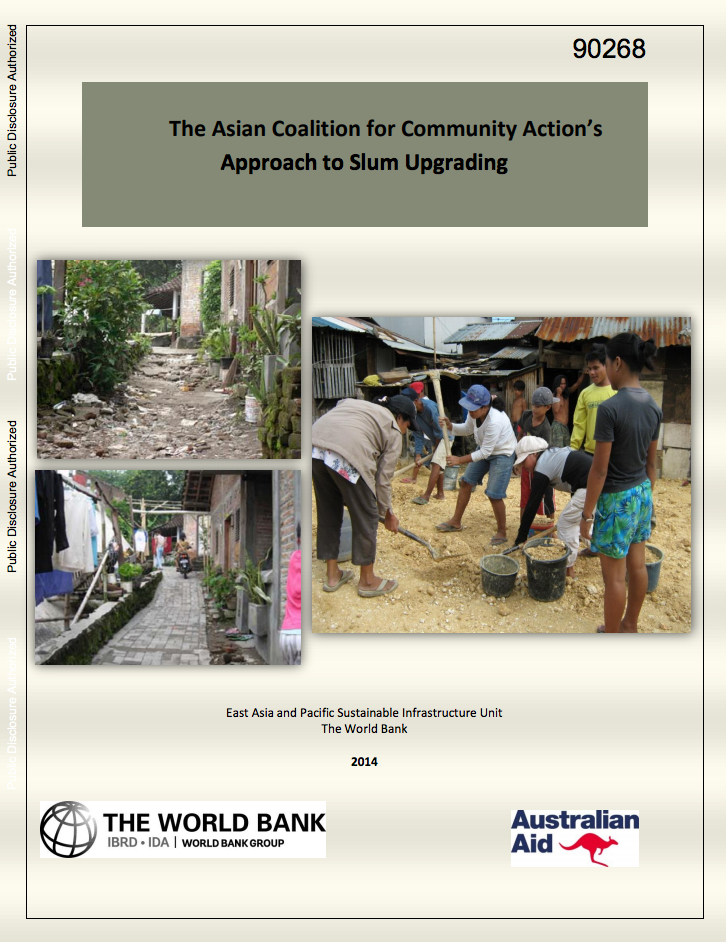Natural Disasters in the Middle East and North Africa : A Regional Overview
Disasters are increasing worldwide, with
more devastating effects than ever before. While the
absolute number of disasters around the world has almost
doubled since the 1980s, the average number of natural
disasters in Middle East and North Africa (MNA) has almost
tripled over the same period of time. In the MNA, the
interplay of natural disasters, rapid urbanization, water
scarcity, and climate change has emerged as a serious


